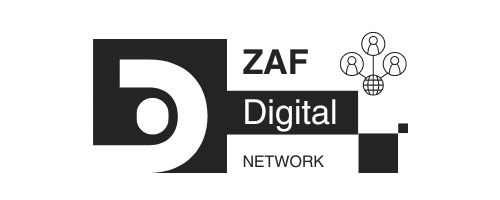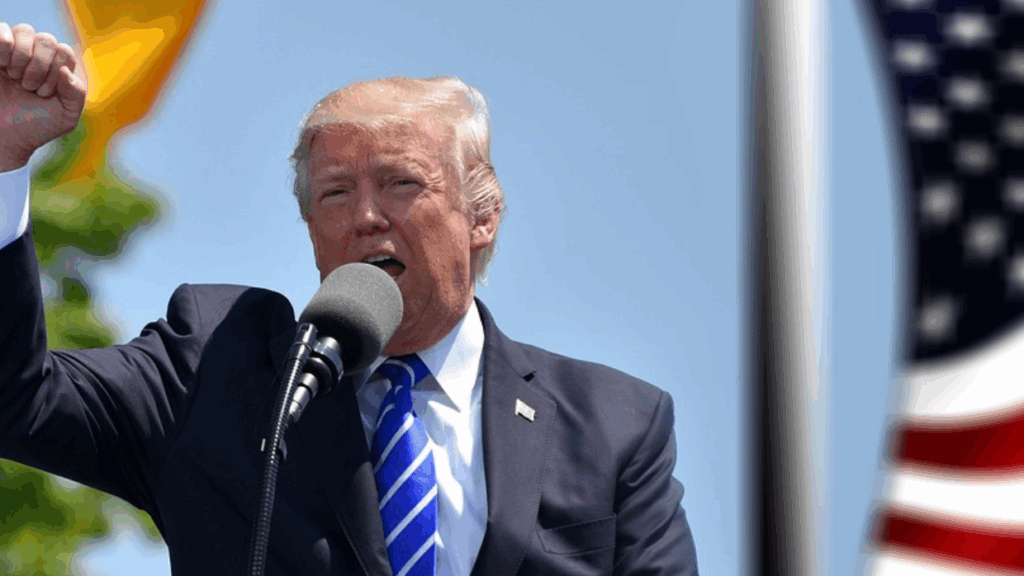International Backlash
The remarks quickly drew criticism from historians and international leaders particularly in the United Kingdom. According to The Times of London, General Lord Dannatt, former Chief of the General Staff of the British Army accused Trump of “rewriting history.” He pointed out that the U.S. did not enter World War II until 1941 following the Japanese attack on Pearl Harbor and said the contributions of Britain, the Soviet Union and other Allied nations were essential to the war’s outcome.
“This is not only historically inaccurate, it’s disrespectful to the sacrifices made by millions from around the world,” Lord Dannatt said.
Renaming Veterans Day?
In addition to renaming VE Day, Trump suggested that Veterans Day originally known as Armistice Day to mark the end of World War I should reflect a more victory-oriented tone. However, critics argue this proposal overlooks the solemn origins of the VE day and its purpose in honoring all who served, not just the victorious outcome.
According to ABC News, the White House clarified that there are currently no formal plans to rename Veterans Day though it may consider issuing an “additional proclamation” to highlight military victories.
Debate Over Historical Memory
As reported by The Washington Post, Trump’s remarks have sparked broader debates over historical memory and the importance of accurately acknowledging the contributions of all linked nations. Many critics argue that minimizing the roles of other countries such as the United Kingdom, Canada and the Soviet Union challenges the spirit of global cooperation that defined the Allied war effort.
Expert groups and historians alike have urged a more inclusive view of history that respects the complexity and shared sacrifices of both world wars.

